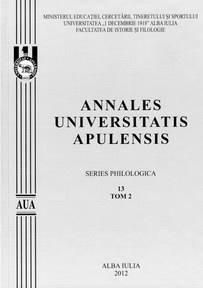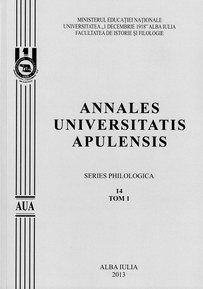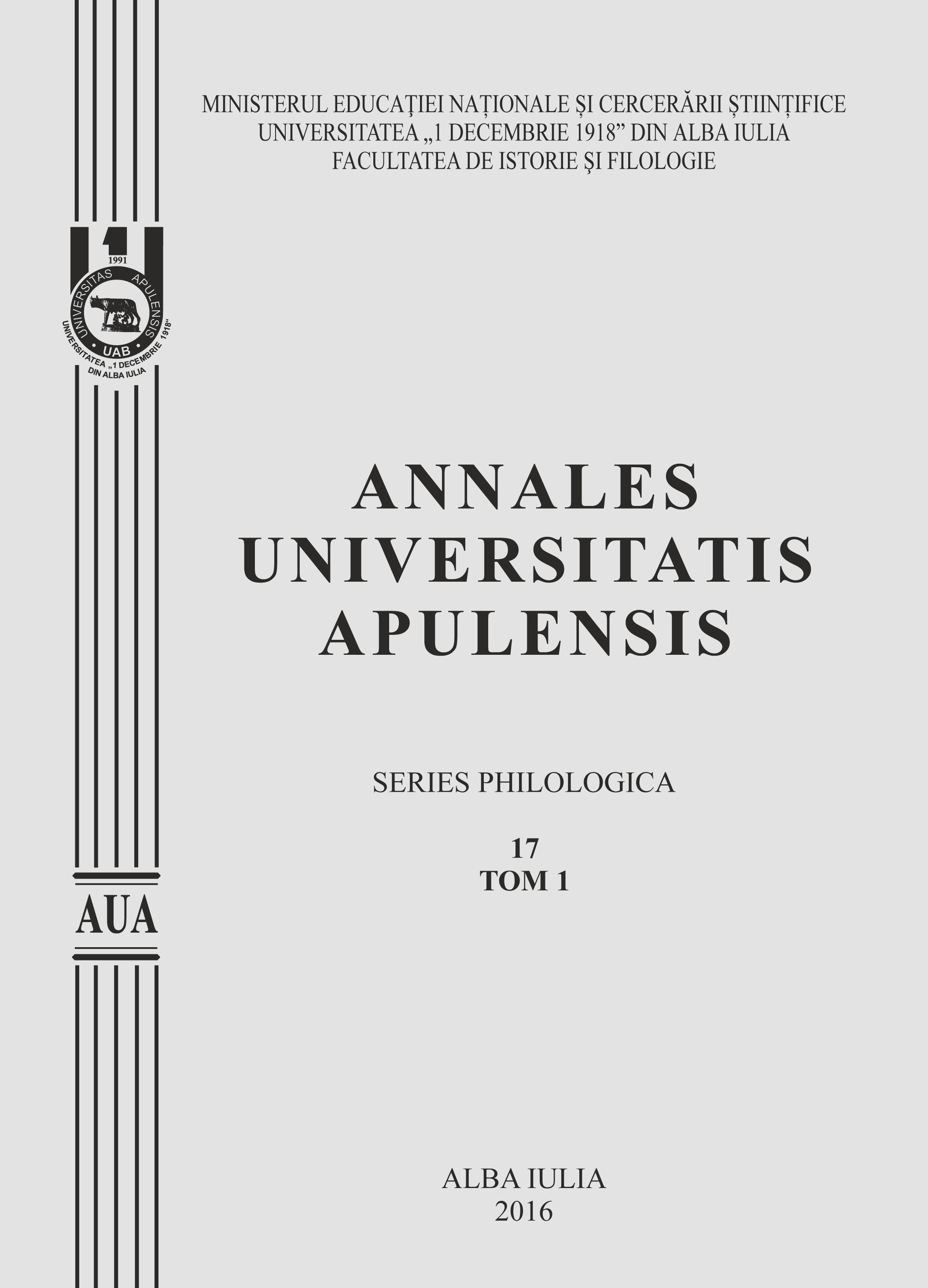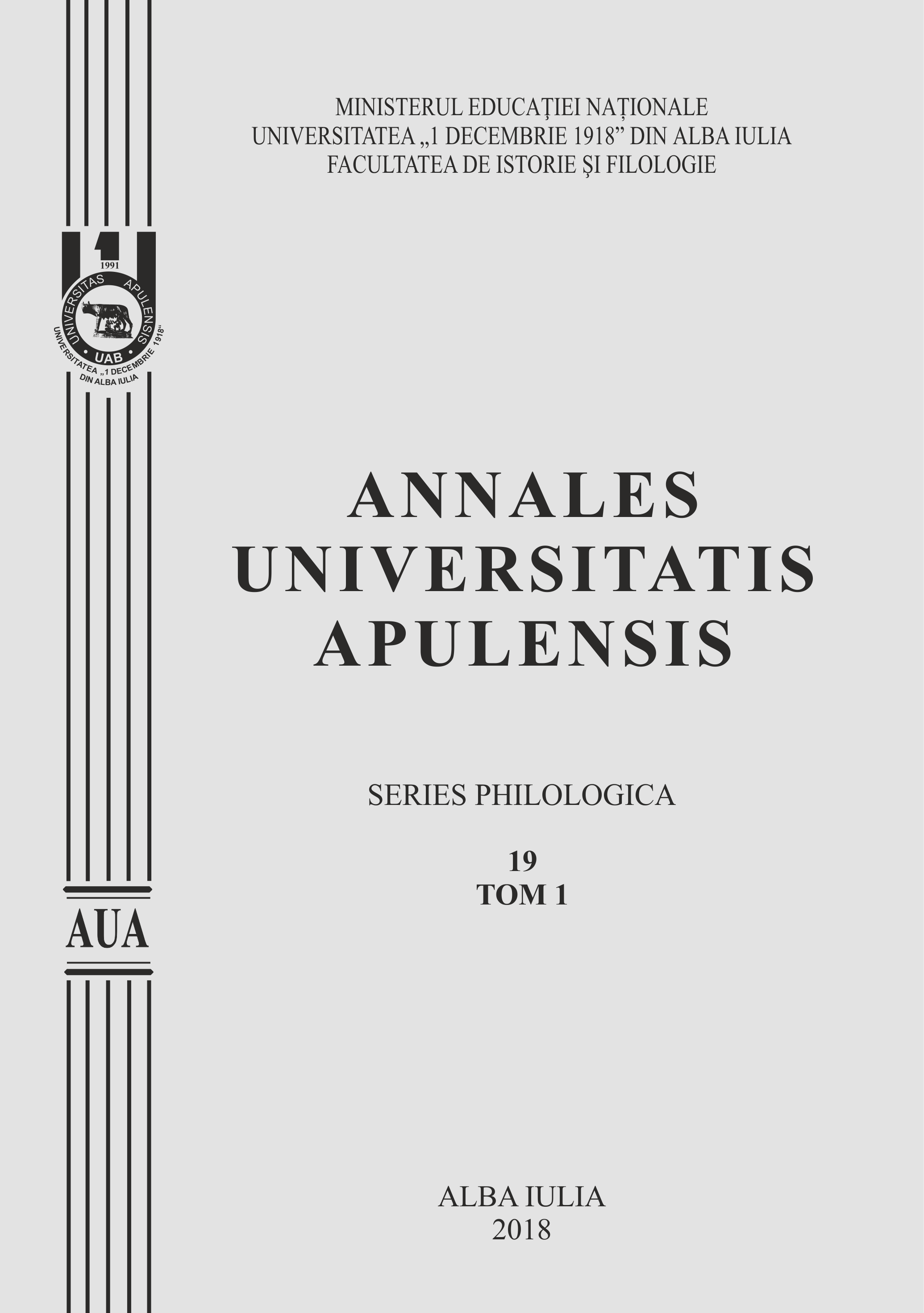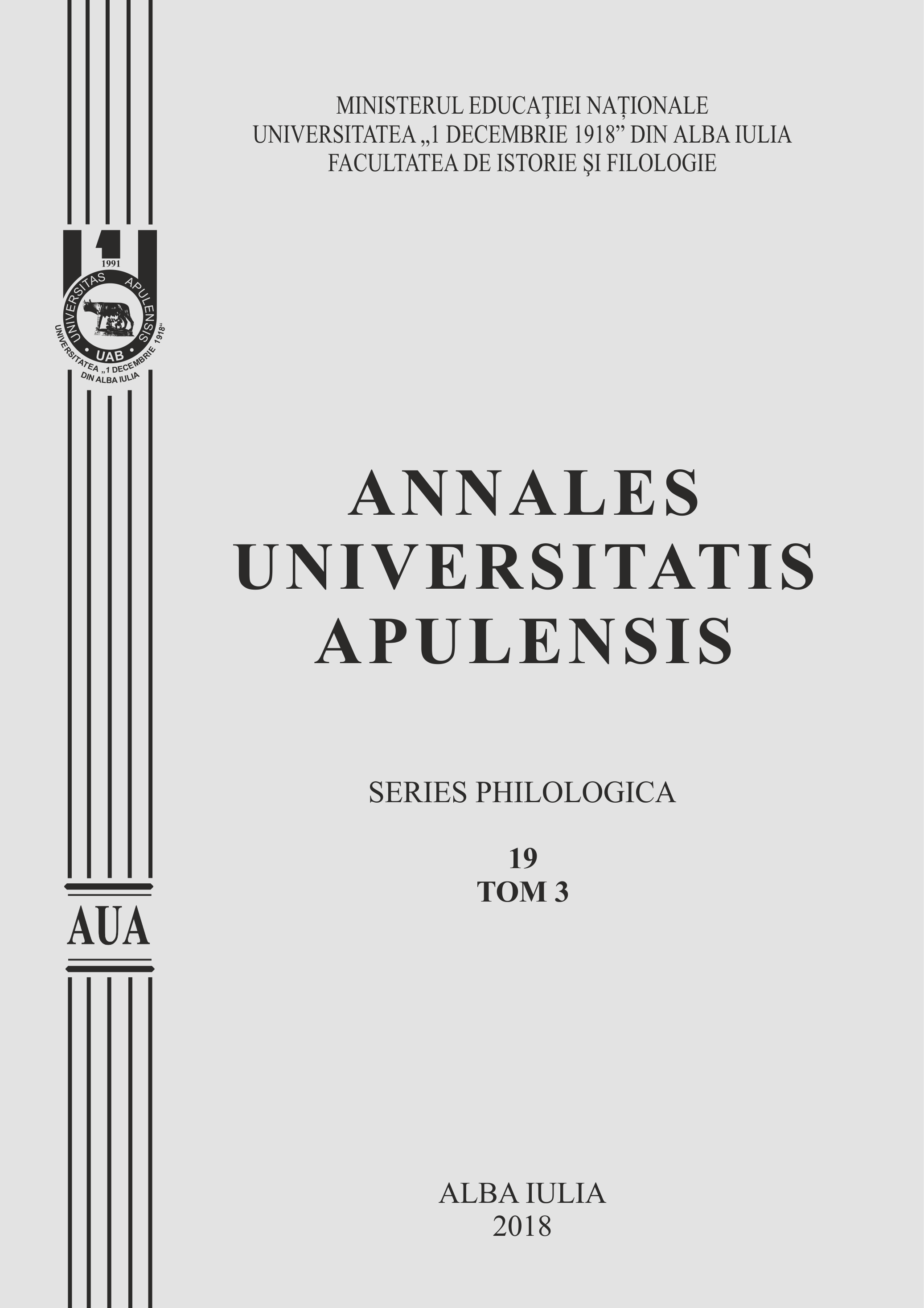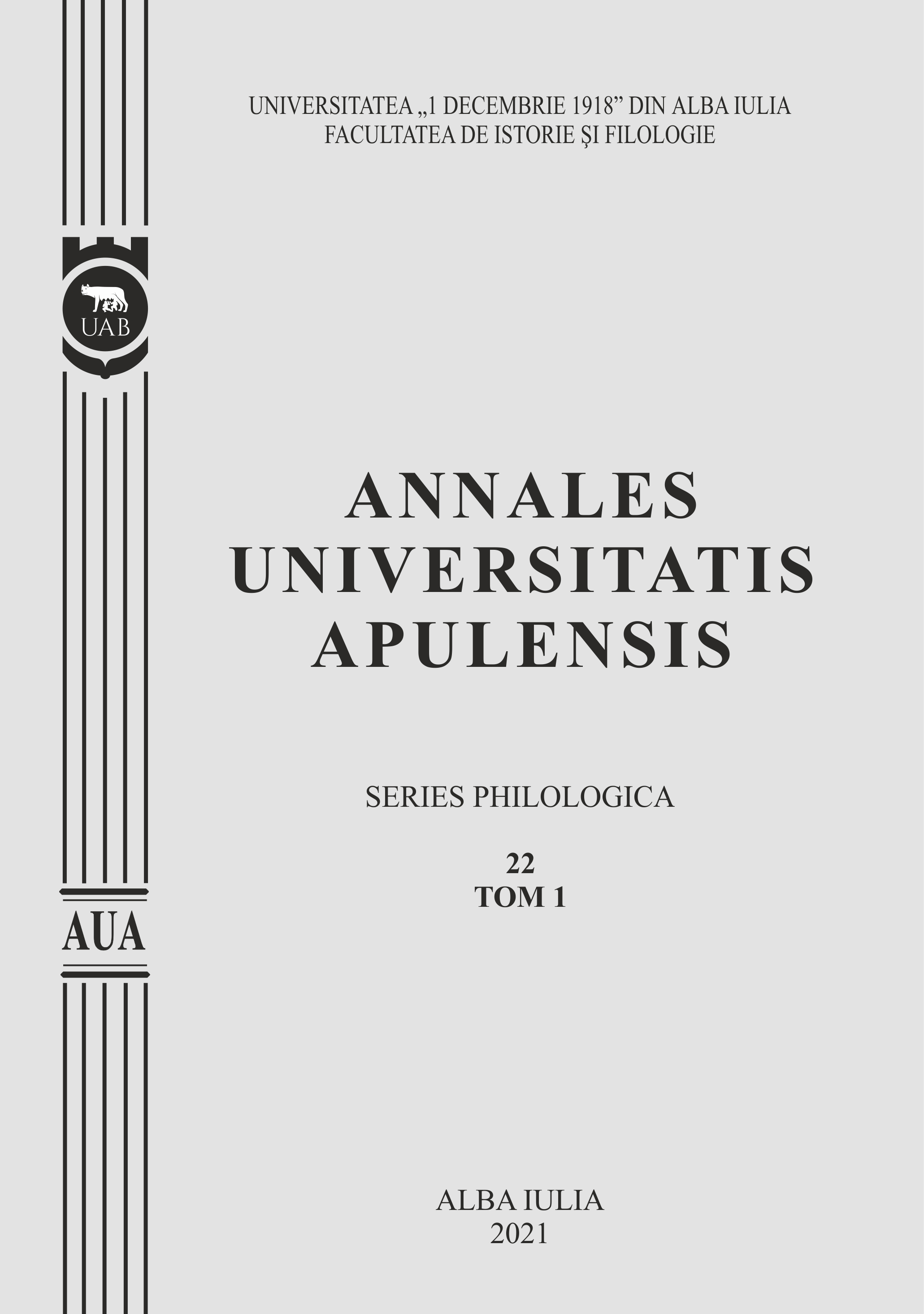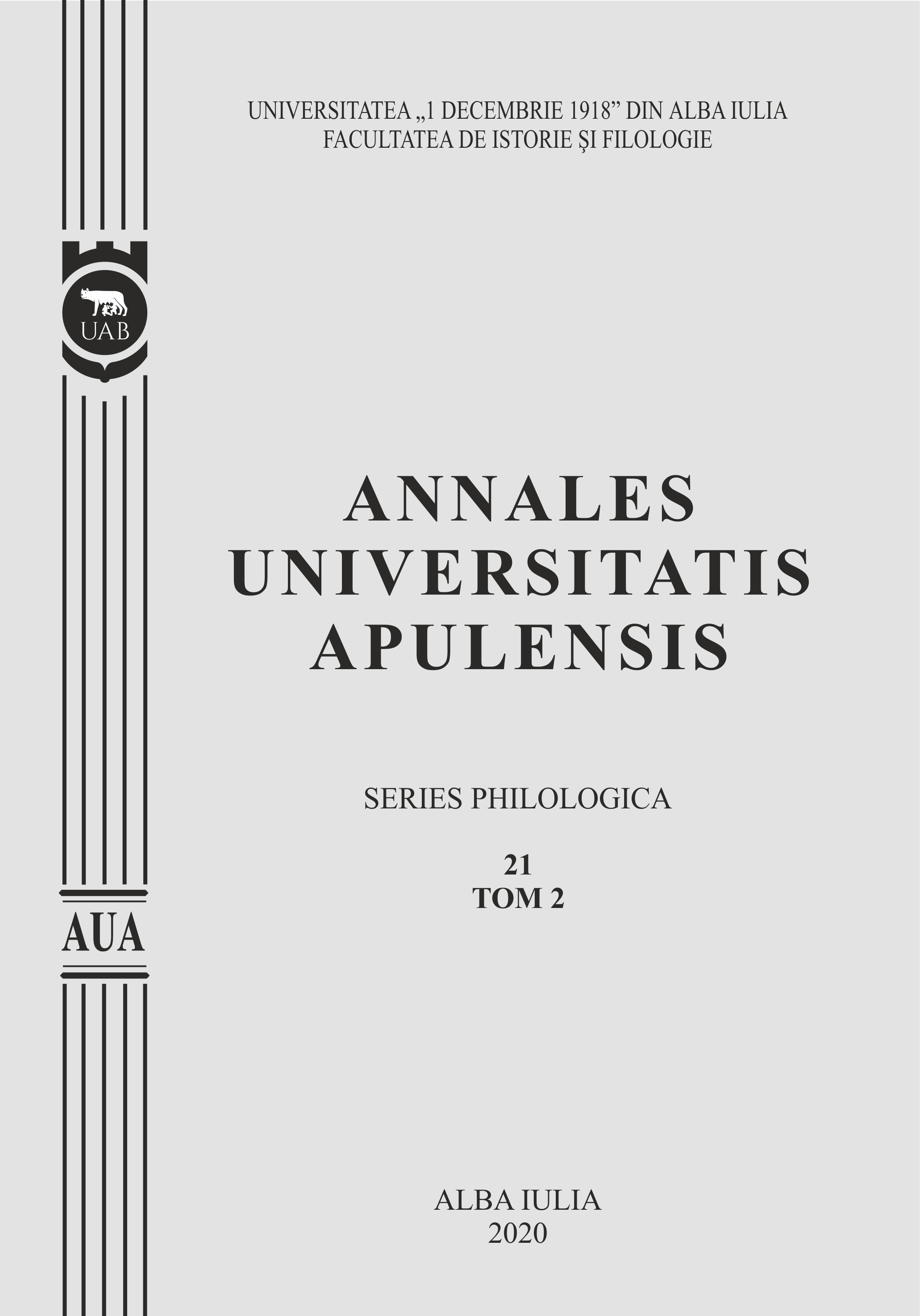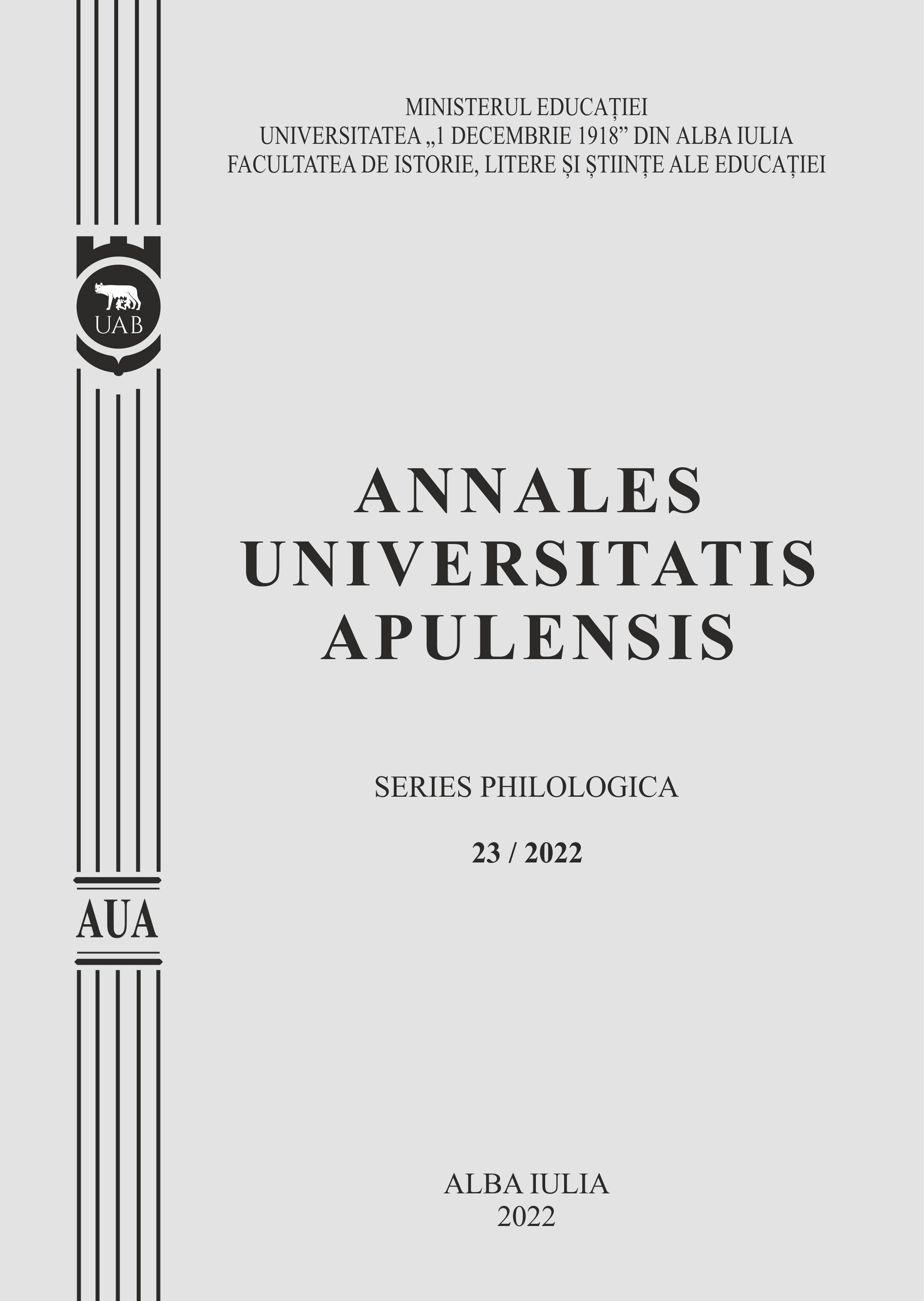REALISMUL MAGIC ȘI MODERNITATEA POVESTIRILOR LUI FĂNUȘ NEAGU
Author(s): Raluca Giurgiulescu / Language(s): Romanian
/ Issue: 3/2018
Keywords: Bărăgan; field; magic; real; stories; space;
In all Fănuș Neagu’s stories the field became a tutelary space. Borne in the middle of the plain, exactly in Grădiște, the grandparents’ house became his first space of writer being, interferences between ludic, magic and tales. The writer refers all his stories at Brăila, this small town becoming a constant attendance, a place where the reality meets the fiction, a kind of space outside from a concrete existence. The most important town from Bărăgan is considered by author a gate to the Orient, because “the Levant begins from lowland of Danube.” This space is a kind of gate to Bărăgan, the huge Romanian plain which become in post-war literature a privileged space, dynamic and very productive. VasileVoiculescu, Ștefan Bănulescu and Fănuș Neagu are Romanian writers which transform the Bărăgan field in a very known literature space, projecting here bizarre stories, full of magic realism, or using Balkan or South - Est subjects. On the other side, Alexandru Ivasiuc, Nicolae Breban and Augustin Buzura require the northern space in Romanian post-war literature. In approximatively two decades - from 1946 to 1966 - Vasile Voiculescu, Ștefan Bănulescu and Fănuș Neagu wrote over 60 stories which had Bărăgan plain as privileged space. It’s a space which enshrines a new literary identity and giving a complicated image of the man who live in this magic field. He is an ancient man, able to live in a magical situation, between reality, dreaming and wizardry. This land of Bărăgan will become a kind of unique space, with a special mythology, with Christian beliefs braided with magical beliefs, full of people who talked a strange language with ancient words which have secret and deep meanings. The genesis of these myths created by Fanuș Neagu is similar with the Gabriel Garcia Marquez’ stories genesis. The both writers found their fiction roots in folk beliefs and stories listening since childhood telling by their grandmothers, all kind of miraculous happenings which put together, in a unique way, the real with the supernatural.
More...

